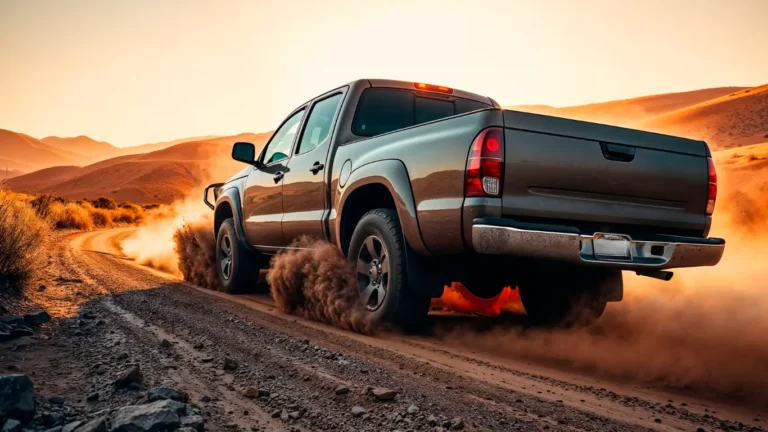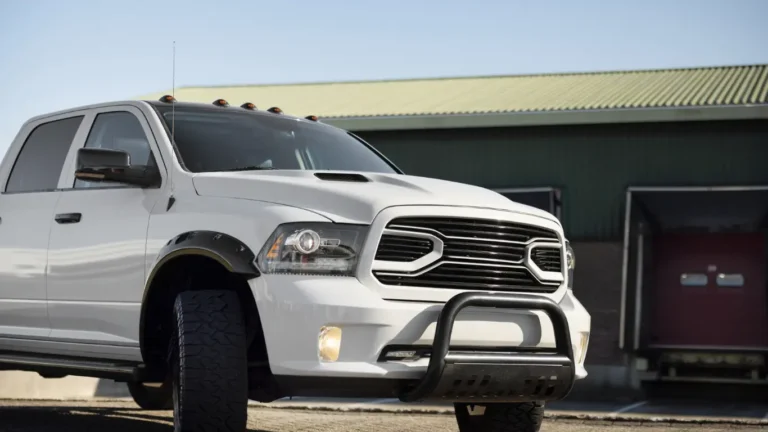
Auto Academy
Cost of New Cars in Canada

Buying a brand new auto is exciting; but in Canada, the cost of new cars is higher than many expect. If you’re shopping for your first vehicle, upgrading, or just curious about today’s market, this guide gives you clear, up-to-date info to help you make a smart decision.
Why the cost of new cars is so high
Rising average prices
- In early 2025 the average price of a new vehicle in Canada was around $65,317 CAD. (source: Canadian Auto Dealer)
- According to the latest data, that number hadn’t dropped much; one source reported around $66,422 CAD as the average for 2024. (Source: finder.com)
- But there are signs of improvement: one index in Q3 2025 showed new vehicle prices fell about 4.9% to an average of $63,264 CAD. (Source: Empty Tank)
What drives the high & fluctuating price
- Manufacturing costs, global supply constraints and higher demand for more advanced features raise the MSRP Canada(manufacturer’s suggested retail price) across the board. (Source: Motor Illustrated)
- Larger vehicles (SUVs/trucks) tend to carry much higher baselines than smaller passenger cars.
- Taxes, freight and delivery fees, and provincial costs add to what you pay beyond the sticker price.
- Depreciation, financing interest, insurance and operating costs also affect the total cost of ownership (see later section).
What “how much is a new car” looks like in real terms
Entry-level / affordable models
If you’re searching for a more budget friendly option:
- For example, the 2025 Mazda3 starts at about $27,687 CADin Canada. (Source: CarGurus)
- A few other compact options start in the high-$20,000s, but they’re becoming rarer in the “new car under $30k” category.
Mainstream average vehicles
For many buyers:
- Expect around $60k+ CAD for a new vehicle in Canada in 2025 if you count typical packages/features. For example, one source says an average new vehicle was $66,288 CAD.
- If you go toward larger vehicles, premium trims, or electric/hybrid models, prices can go significantly higher.
What else to factor in
- The “sticker price” doesn’t always mean everything; there are destination/freight charges, provincial sales tax (GST/HST/PST), licensing and registration. Based on Minha PME, new vehicles in Canada include many add-ons beyond MSRP.
- Total cost of ownership: A recent breakdown shows average monthly cost for owning a car was about $1,370 CAD in 2024 (including payment, interest, gas, maintenance, insurance, parking). (Source: Ratehub.ca)
Read More: New Car Wait Times Canada 2026
5 smart questions you should ask when buying
- What is the MSRP Canadafor this model, and what are the additional fees (destination, taxes, licensing)?
- If you’re comparing “how much is a new car” in your budget: what will your monthly payment/loan term look like?
- What is the expected depreciation for this vehicle over 2-5 years (because that influences long-term cost)?
- What are the operating costs (insurance, maintenance, fuel/electric charging) for this type of vehicle in your province?
- Are there better value alternatives (e.g., slightly used vehicles, smaller trims) if you’re stretched for budget?
Read More: Is It a Good Time to Buy a Car in Canada?
Good practices for Canadian buyers
- Set a budget based on your income: If the average new car is above $60k, don’t overstretch your financial comfort zone.
- Shop across provinces if you can: Differences in tax and fees may help reduce total cost.
- Consider timing: With some price drops noted recently (new vehicle prices fell ~4.9 % in one index) you might find better deals.
- Negotiate & inspect: Even with newer vehicles, ask for any manufacturer or dealer incentives; inspect features and what you’re paying for.
- Plan long-term: A new car isn’t just the purchase price; it includes insurance rises, future maintenance and resale value.
Read More: The Smart Way to Buy Used Cars Toronto
Final word
The cost of new cars in Canada is currently high, for many buyers the average is well over $60,000 CAD. That doesn’t mean you can’t find more affordable options, but you’ll need to be informed and realistic about what “brand new auto” means for your wallet. By doing your homework, comparing models and budgeting beyond the upfront cost, you’ll be in a stronger position to make a wise decision.
If you’re looking for help navigating the market, consider working with a trusted dealership partner. For example, CarRookie, a Toronto-based car dealership, helps buyers connect to top agents and find their dream car, even if their credit isn’t perfect.
FAQs
No, the average includes all new vehicles (cars, SUVs, trucks) and is skewed by larger, more expensive models. Compact cars often cost less, though fewer ultra-budget models remain.
There are early signs of modest decreases (e.g., -4.9% year-over-year in one index) but any drop will depend on supply, demand, inflation and manufacturer incentives.
A slightly used vehicle often offers better value because you avoid the highest depreciation hit. If the cost of a new car is stretching your budget, used may be the smart path.
It varies by province. For example, sales tax (GST/HST/PST), freight/destination charges, licensing and registration can add thousands of dollars to the MSRP. Always ask for full “out-the-door” cost.
Yes, premium features, larger size, and electric or hybrid powertrains can raise both the sticker price and ongoing costs (insurance, repairs), so you’ll pay significantly more than the base model.


